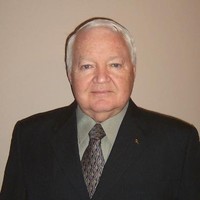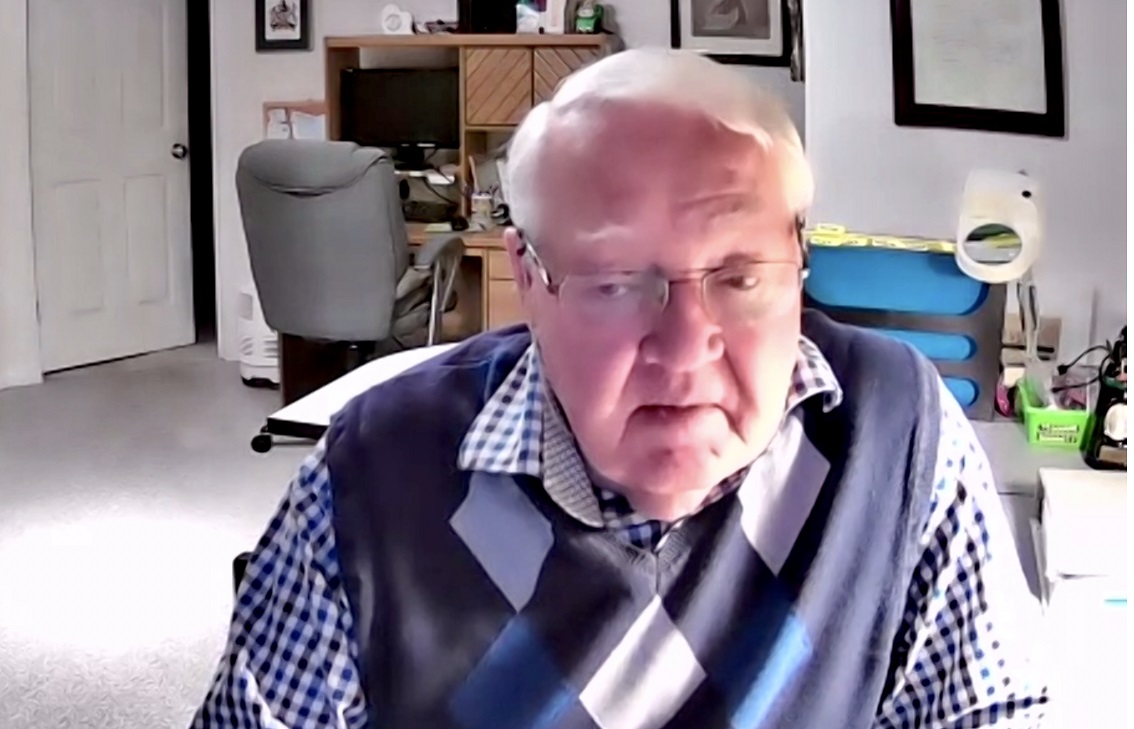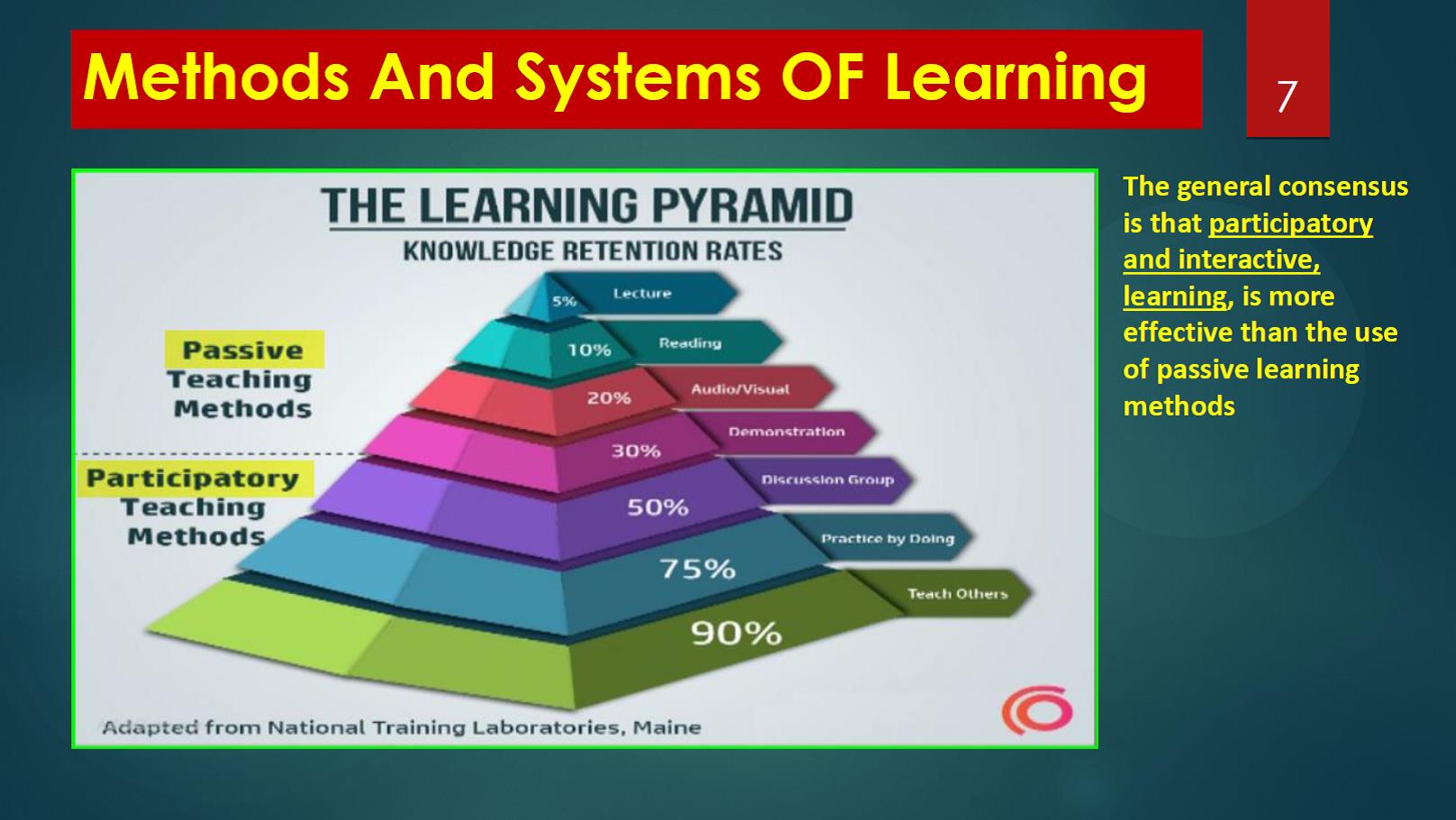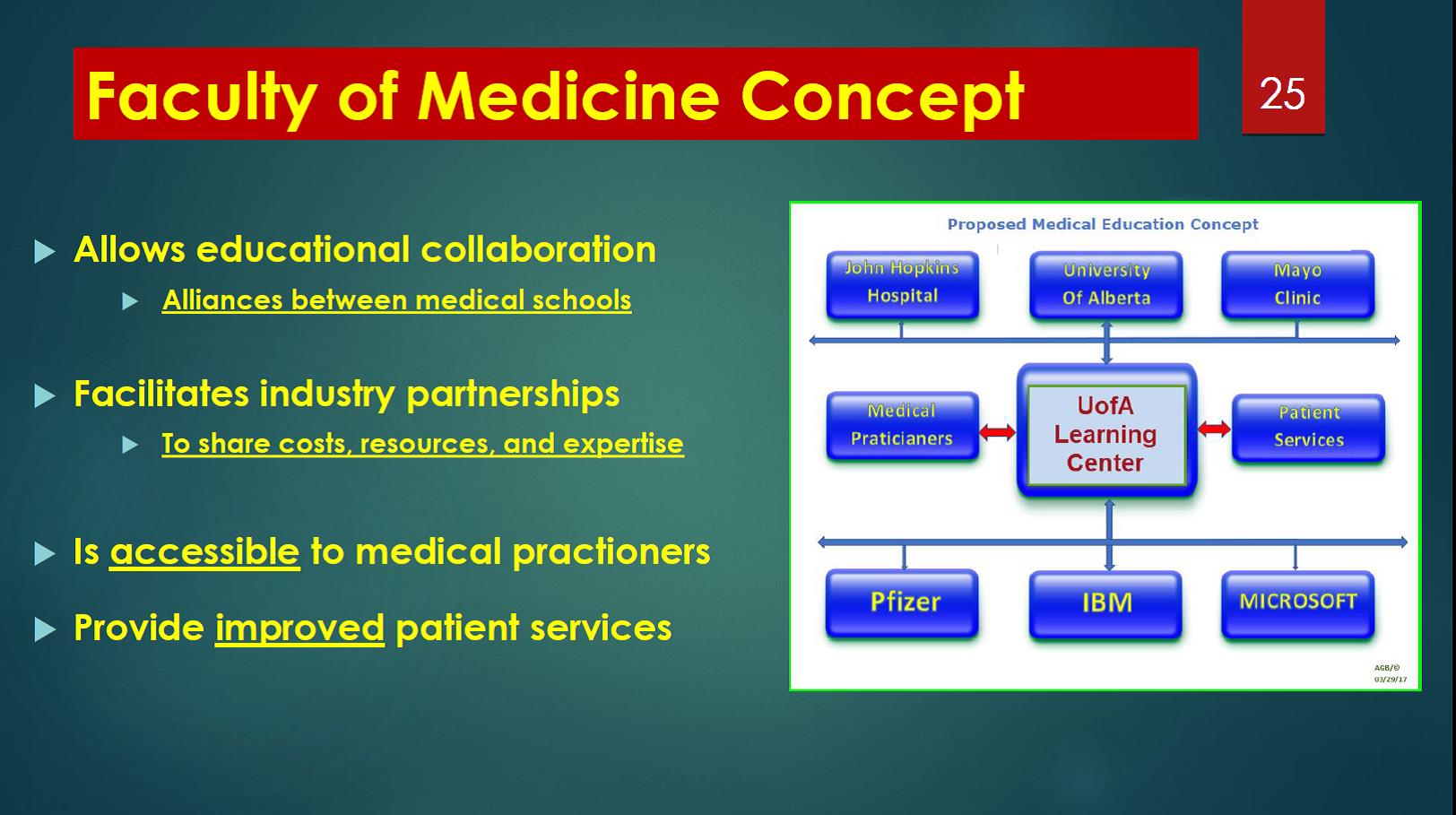
Allan Bleiken, President, Global Trends Research

Allan speaks to us via Zoom
Did you know that in 1945, knowledge doubled every ten years? And now it doubles every 12 months? How about that recent studies demonstrate that traditional methods of learning – lectures, reading, studying – provide abysmal knowledge retention? Retention rates of 5% from lectures? 10% from reading? I knew they were not the most effective way to learn, but not that they would be given ‘failing grades’ in any other context.
Now, imagine you’re a healthcare provider – a physician or a nurse – who years ago gained professional credentials through traditional learning systems. How do you access, comprehend and importantly, use the unrelenting torrent of new information, new best practices, new technology and new pharmacological developments, to provide life-sustaining services efficiently and effectively?
Our January speaker, Allan Bleiken spoke to us about ‘Lifelong Learning’ in Medicine, which increasingly is being used by professionals around the world to access and employ expert information in a timely manner.
For a copy of Allan’s full presentation, click here.
 Lifelong learning is rooted in a different concept of education; one in which there is less emphasis on passive forms of learning (such as reading and lectures) and more on active participation and interaction. It is increasingly employed in e-learning which, when designed properly, involves a team of specialists from different organisations using very different skills and tasks to complement the knowledge and skills of traditional educators. The interactive, participatory aspects make learning student-centric.
Lifelong learning is rooted in a different concept of education; one in which there is less emphasis on passive forms of learning (such as reading and lectures) and more on active participation and interaction. It is increasingly employed in e-learning which, when designed properly, involves a team of specialists from different organisations using very different skills and tasks to complement the knowledge and skills of traditional educators. The interactive, participatory aspects make learning student-centric.
Allan explained that lifelong learning has led to significant collaboration between universities and industry. For example, Harvard and MIT co-manage a learning network that includes more than 150 academic and business partnerships. In other situations, corporations create their own universities. There are approximately 2000 corporate universities with such recognizable brand names as General Electric University, University of Toyota, Apple University and Shell Global Open University.
And for those of you shaking your head in disbelief, it appears that lifelong learning is not just a whimsical aspiration of a bunch of techy futurists. A case in point: the Open University of Great Britain (OUGB) is structured on lifelong learning concepts. It has become the largest undergraduate university in Europe. It is one of only three universities from the UK that are accredited in the US. And OUGB produces more CEO graduates than any other university in the UK. Another case is the Indira Ghandi National Open University, which has become the largest undergraduate university in the world, and now produces 20% of all undergraduates in India.
So returning to educational systems and health care provision: how is lifelong learning fairing in Canada? Stated succinctly: “not so well”. Sadly, no country in North America has a national learning system. And Canada is at a real disadvantage because, of course, education and health care are provincial responsibilities. The problem extends beyond each province doing their own thing. Allan pointed out that in his native Alberta there are 64 school boards, each driven by local circumstances, organizational precedents, economic factors, longstanding political “issues”, and of course – favoured personalities. Applying lifelong learning concepts into education in Canada is fraught with challenges.

As it is in health care. Allan talked about a proposal presented to the University of Alberta back in 1991. It was quietly, and politely, refused. Twenty-six years later, the Department of Medicine and Dentistry at the U of A commissioned a study that came to essentially the same conclusion as the 1991 proposal: a lifelong learning system would address many of the knowledge- and skill-based concerns being faced in health care in Alberta.
Such a program would feature collaboration between medical schools; facilitate industry partnerships; provide practitioners with immediate, up-to-date medical knowledge; improve patient support services; and enable patients to engage in sustaining or improving their own health.
Although Allan’s presentation covered a lot of information, he left us well over a half-hour to pose questions and exchange observations. The discussion was spirited. It was clear that this would be but a first step in the North West Bay Chapter’s exploration of lifelong learning.


